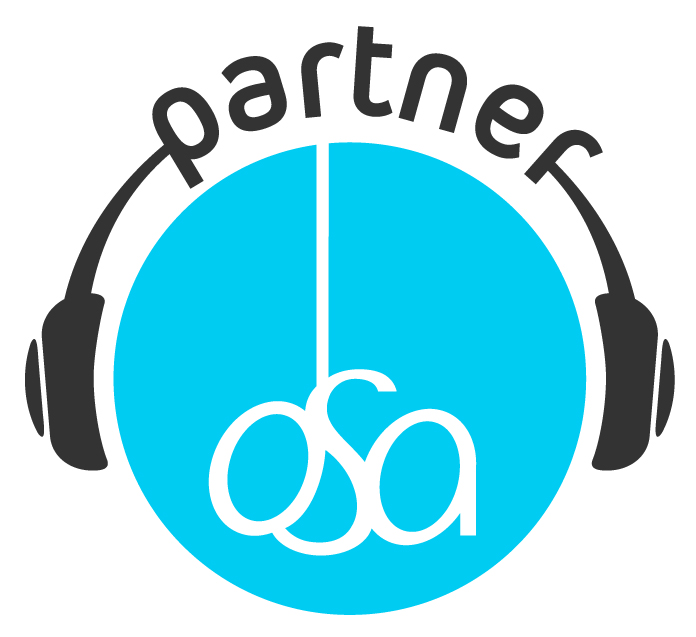Vybrané hudební projekty
podporuje

POSKYTOVANÉ SLEVY
karty ISIC, IYTC, ITIC,
ALIVE, STAFF CARD
SLEVA 10 %
Katalog - Detail knihy
Basics in clinical nutrition
Fourth Edition
Obsah
1. BASIC CONCEPTS IN NUTRITION
1.1. Energy and protein balance
1.2. Body composition
1.3. Diagnosis of malnutrition - Screening and assessment
1.4. Influence of malnutrition on function
1.5. Overnutrition - functional and clinical consequences
1.6. Prevalence of malnutrition
1.7. Nutritional requirements for health at rest and upon exercise
2. NUTRITIONAL PHYSIOLOGY AND BIOCHEMISTRY
2.1. Appetite and its control
2.2. Digestion and absorption of nutrients
2.3. Energy metabolism
2.4. Carbohydrate metabolism
2.5. Lipid metabolism
2.6. Protein and amino acid metabolism
2.7. Water and electrolytes in health and disease
2.8. Physiological function and deficiency states of trace elements
2.9. Physiological function and deficiency states of vitamins
2.10. Antioxidants in health and disease
2.11. Dietary fibre: metabolism and physiological effects
2.12. Simple and stress starvation
2.13. Influence of genotype on inflammation and metabolism
2.14. Injury and sepsis
2.15. Metabolic response to hypoxia
2.16. Nutritional aspects of chronic inflammatory disease
2.17. Metabolic aspects of neurological diseases
3. INDICATIONS FOR NUTRITIONAL SUPPORT
3.1. A clinical framework for considering the indications for nutritional support
3.2. A practical framework for considering the indications for nutritional support
3.3. Common indications of nutritional support according to healthcare setting and disease
4. ORGANISATION AND LEGAL ASPECTS
4.1. Organisation of nutritional care
4.2. Ethical and legal aspects
5. SUBSTRATES USED IN PARENTERAL AND ENTERAL NUTRITION
5.1. Energy
5.2. Carbohydrates
5.3. Lipids
5.4. Proteins and amino acids
5.5. Water and electrolytes during nutritional support
5.6. Trace elements and vitamins in parenteral and enteral nutrition
5.7. Dietary fibre: definition and classification
5.8. Special substrates
6. TECHNIQUES OF NUTRITIONAL SUPPORT
6.1. Enteral nutrition
6.2. Parenteral nutrition
7. MONITORING OF NUTRITIONAL SUPPORT
7.1. Clinical monitoring
7.2. Some laboratory measures of response to nutrition
7.3. Refeeding syndrome
8. NUTRITIONAL SUPPORT IN DIFFERENT CLINICAL SITUATIONS
8.1. Nutritional support in severe malnutrition
8.2. Perioperative nutrition
8.3. Nutritional support in critically ill and septic patients
8.4. Nutritional support in trauma
8.5. Nutritional support in inflammatory bowel disease
8.6. Nutrition support in liver disease
8.7. Nutritional support in renal disease
8.8. Nutrition in pulmonary and cardiac disease
8.9. Nutritional support in acute and chronic pancreatitis
8.10. Nutrition support in GI fistulas
8.11. Nutritional support in extensive gut resection (short bowel syndrome)
8.12. Nutritional consequences of bariatric surgery
8.13. Nutrition in the elderly
8.14. Nutritional support in burns patients
8.15. Nutritional support in cancer patients
8.16. Cancer Cachexia
8.17. Radiation enteropathy
8.18. Effect of anticachectic agents in cancer
8.19. Nutritional support in AIDS
8.20. Nutritional support during pregnancy
8.21. Nutritional support in neonatology
8.22. Nutritional support in infants children and adolescents
8.23. Eating disorders - anorexia nervosa and bulimia nervosa
8.24. Nutrition therapy for neurological disorders
8.25. Nutrition and wound healing
8.26. Nutritional support in the diabetic patient
8.27. Home artificial nutrition
ZPĚT na detail knihy
